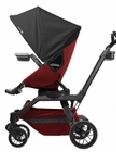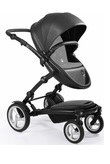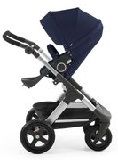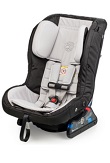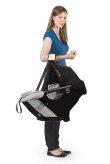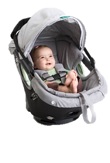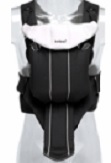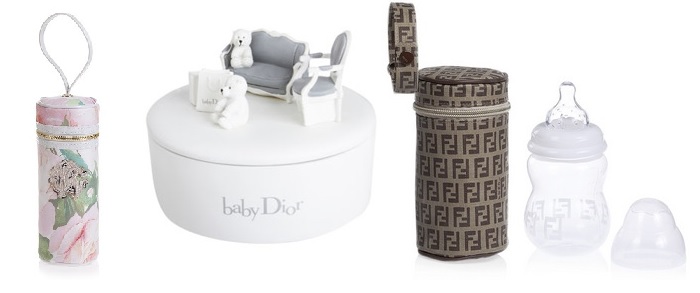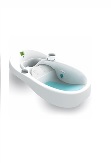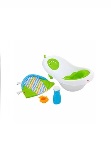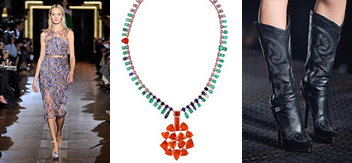Tips to Prevent Tooth and Mouth Injuries
Injuries to the teeth and mouth are common. Approximately 80% of dental injuries affect one or more of the front teeth and may cause damage to soft tissues – the tongue, lips, and inner cheeks. In the very young child, injuries to baby teeth usually result from learning to walk. There may also be damage to the unerupted permanent teeth. Sports injuries are the main source of tooth and mouth injuries in older adolescents and adults. Up to 40% of dental injuries in older adolescents and adults occur while playing sports.
Mouth Guards : When playing sports, the best way to protect your teeth and mouth is by wearing a mouth guard.
Face cages: This equipment protects against trauma to the face, especially when playing certain sports positions, like baseball catcher or hockey goalie.
Helmets: It’s always wise to wear a helmet made for the activity that you are participating in. Although most helmets won’t protect the teeth and mouth, they will protect another important area – your head, to help protect against a brain concussion.
Can Knocked-Out Teeth Be Repaired?
Yes, knocked-out teeth can be repaired, and the sooner you can get to your dentist’s office, the better. Knocked-out teeth with the highest chances of being saved are those seen by the dentist and returned to their socket within one hour of being knocked out. If a tooth has been knocked out, gently rinse any debris from the root and attempt to place it back into the socket. If that’s not possible, hold it in the mouth on the way to the dentist. If all else fails, keep the tooth in milk until you get to the dentist’s office.
Even if your tooth can’t be saved, you haven’t necessarily lost your smile. Due to advances in dentistry, a dental implant — a freestanding artificial tooth – can now be anchored directly onto your jawbone, and with a porcelain crown attached, to aid in biting, chewing, and for esthetic reasons.
Original article: https://www.webmd.com/oral-health/guide/prevent-tooth-mouth-injuries
Read in Magazine
You must be logged in to post a comment.
click here to log in












